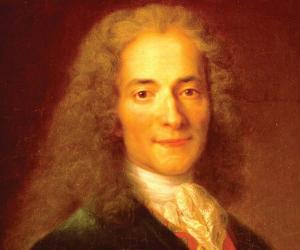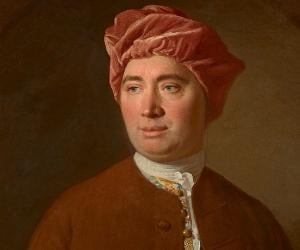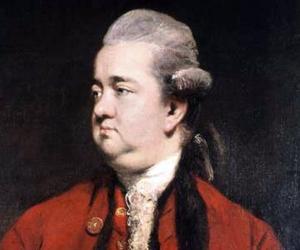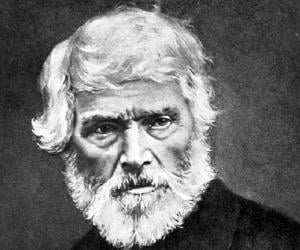Scottish Enlightenment philosopher, historian, and economist, David Hume, is considered one of the most important philosophers to write in English. His book, A Treatise of Human Nature, is counted among the most influential works in the history of philosophy. His works have influenced numerous thinkers, including German philosopher Immanuel Kant and Christian philosopher Joseph Butler.
Eighteenth-century historian and author Edward Gibbon is best remembered for his 6-volume historical work The History of the Decline and Fall of the Roman Empire, a narrative that charted events from the 2nd century to the Fall of Constantinople. He had also been an MP, representing Lymington and Liskeard.
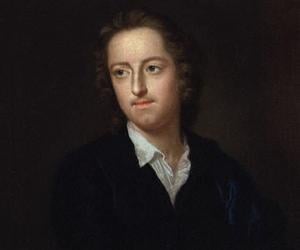
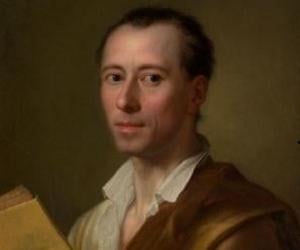
German art historian Johann Joachim Winckelmann is often referred to as the father of modern archaeology. Born to a cobbler, he studied Greek, theology, and even medicine. He later specialized in Greek and Neoclassical art and had a prominent influence on Western painting, sculpture, and literature.
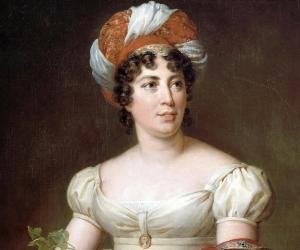
Germaine de Staël was a French political theorist and woman of letters. She is best remembered for her collaboration with the popular Swiss-French political thinker Benjamin Constant. Germaine, who was way ahead of her time, is widely regarded as a precursor of feminism.
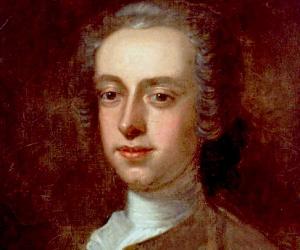

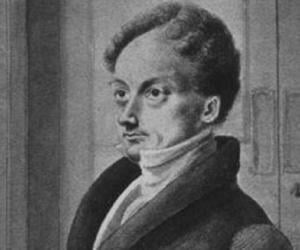
James Mill was a Scottish economist, historian, philosopher, and political theorist. Mill is credited with co-founding the Ricardian school of economics. He is also credited with writing The History of British India, which classifies Indian history into three parts: British, Muslim, and Hindu. The classification has played an influential role in the field of Indian historical studies.
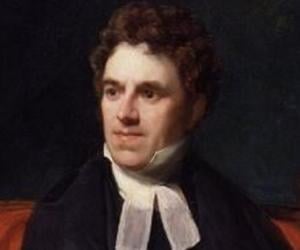
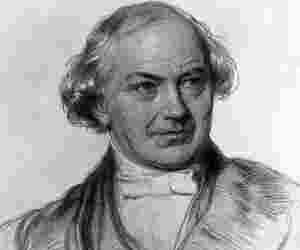
William Whewell was an English polymath, scientist, philosopher, theologian, and historian of science. He worked in a wide range of fields, publishing works in the disciplines of physics, mechanics, geology, economics, and astronomy. He also wrote poetry, sermons, and theological tracts. He is credited with coining the terms linguistics, physicist, consilience, scientist, catastrophism, and uniformitarianism.
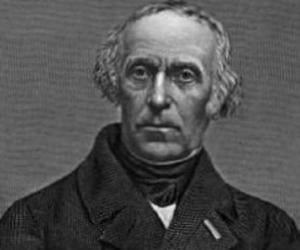
François Guizot was a French historian and statesman. He was a key figure in French politics in the years leading to the Revolution of 1848. After serving under the "citizen king" Louis Philippe in several roles, he was made the Prime Minister of France in 1847. He played a critical role in expanding public education.
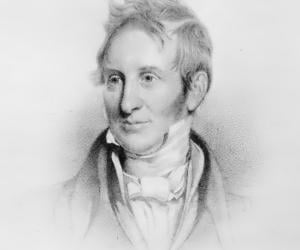
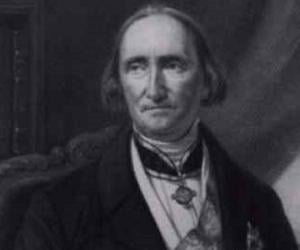
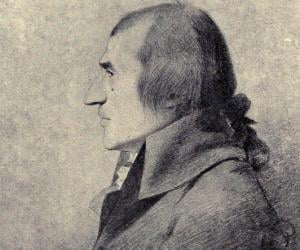
James Rennell was an English historian and geographer. A pioneer of oceanography, Rennell is often referred to as the Father of Oceanography. Rennell, who served as a Surveyor General of Bengal, India, is credited with producing some of the earliest accurate maps of Bengal. James Rennell is also credited with co-founding the Royal Geographical Society in London in 1830.
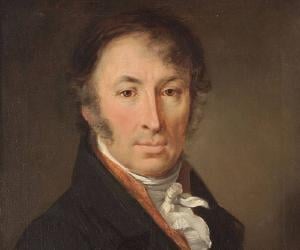
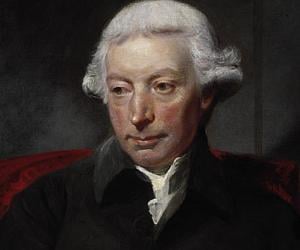
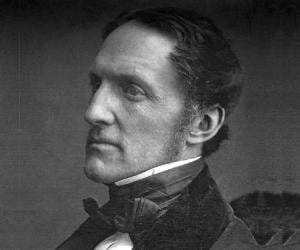
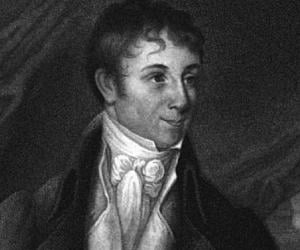
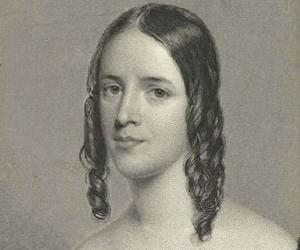
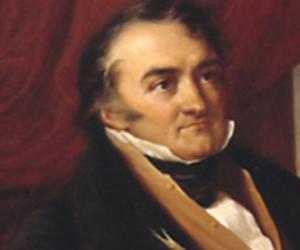
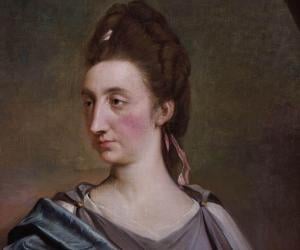
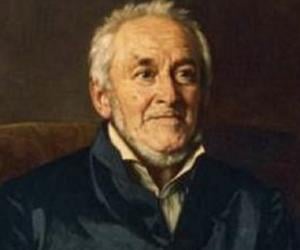
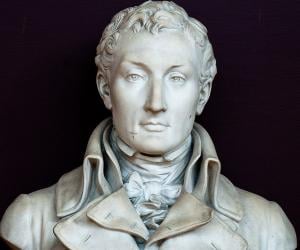
Constantin François de Chassebœuf, comte de Volney was a French abolitionist, philosopher, orientalist, writer, and politician. Volney was one of the first modern writers to champion the Christ myth theory, which suggests that Jesus Christ had no historical existence. Volney argued that Jesus was a mythical character and that Christianity was an amalgam of numerous ancient mythologies.
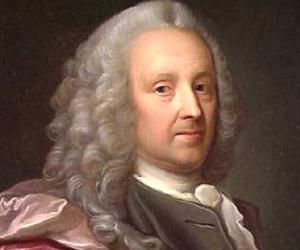
One of the forefathers of Norwegian and Danish literature, Ludvig Holberg was a legendary literary figure of the Dano-Norwegian dual monarchy era. Initially a French tutor, he later studied music, before devoting himself to writing. His comedies earned him the nickname of The Molière of the North.
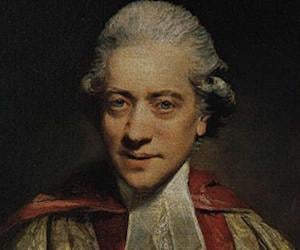
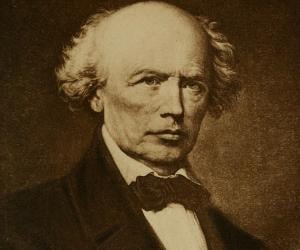

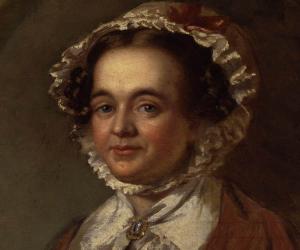
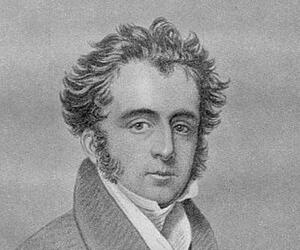
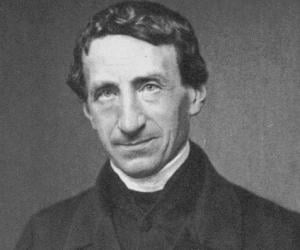

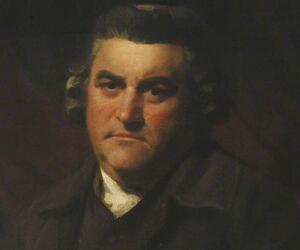
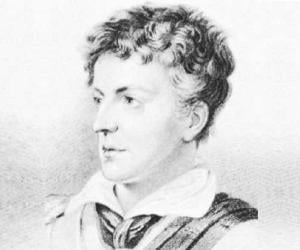
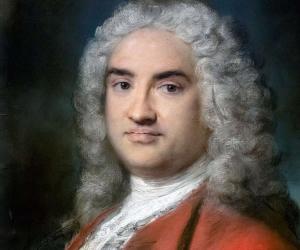
Author of numerous literary, historical, and economic works, Pietro Verri was a leader of Milanese academy and moving force behind Società dei Pugni. Also a distinguished public administrator and political economist employed with the Milanese government, he has been credited with abolition of tax farming. Some of his important works are Riflessioni sulle leggi vincolanti and Meditazioni sull’ economia politica.
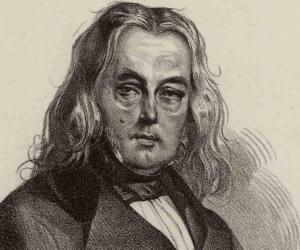

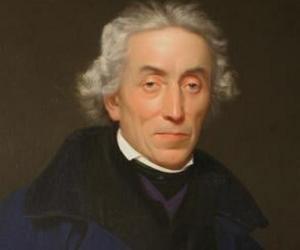
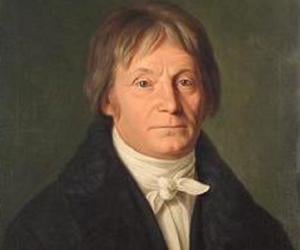
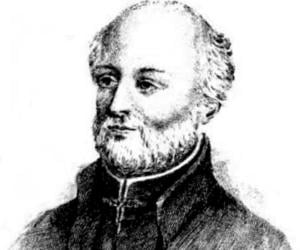
Pierre François Xavier de Charlevoix was a French Jesuit priest and historian, often considered the first historian of New France. He was ordained as a priest in 1713. He was a wide traveler with an eager curiosity to learn about his surroundings. He traveled to Canada and explored the region for a few years before returning to France.
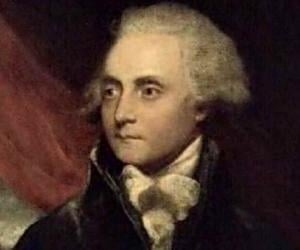

Henri de Boulainvilliers was a French nobleman who was a noted writer and historian. He studied the exact sciences, history, and geography at the College of Juilly. He then went on to serve in the army until 1697. He published many works on science, history, and philosophy. He had a keen interest in astrology as well.
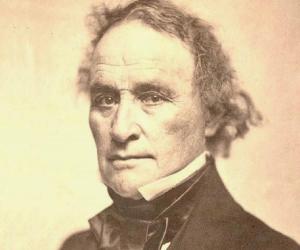
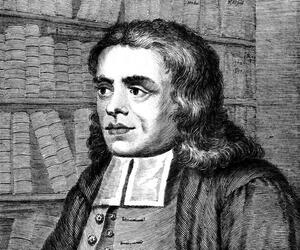
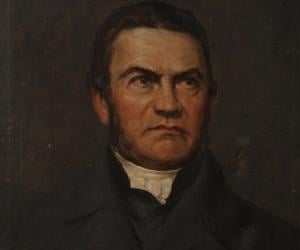

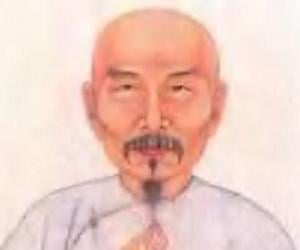
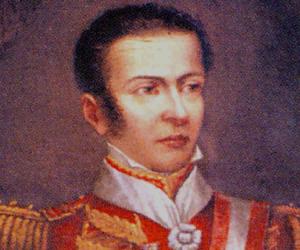
José de la Riva Agüero was a Peruvian politician, soldier, and historian. He is best remembered for his service as the first President of Peru from 28 February 1823 to 23 June 1823. An important politician, José de la Riva Agüero also served as the second President of North Peru from 1 August 1838 to 24 January 1839.
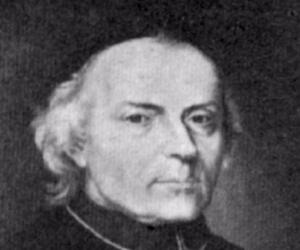
Best known for discovering the Muratorian Fragment, Lodovico Antonio Muratori was a pioneer of Italian historiography. He began his career as a priest and joined the Ambrosian library of Milan. He is remembered for his works such as Anecdota and Annali d’Italia. He was also against orthodox religious beliefs.
